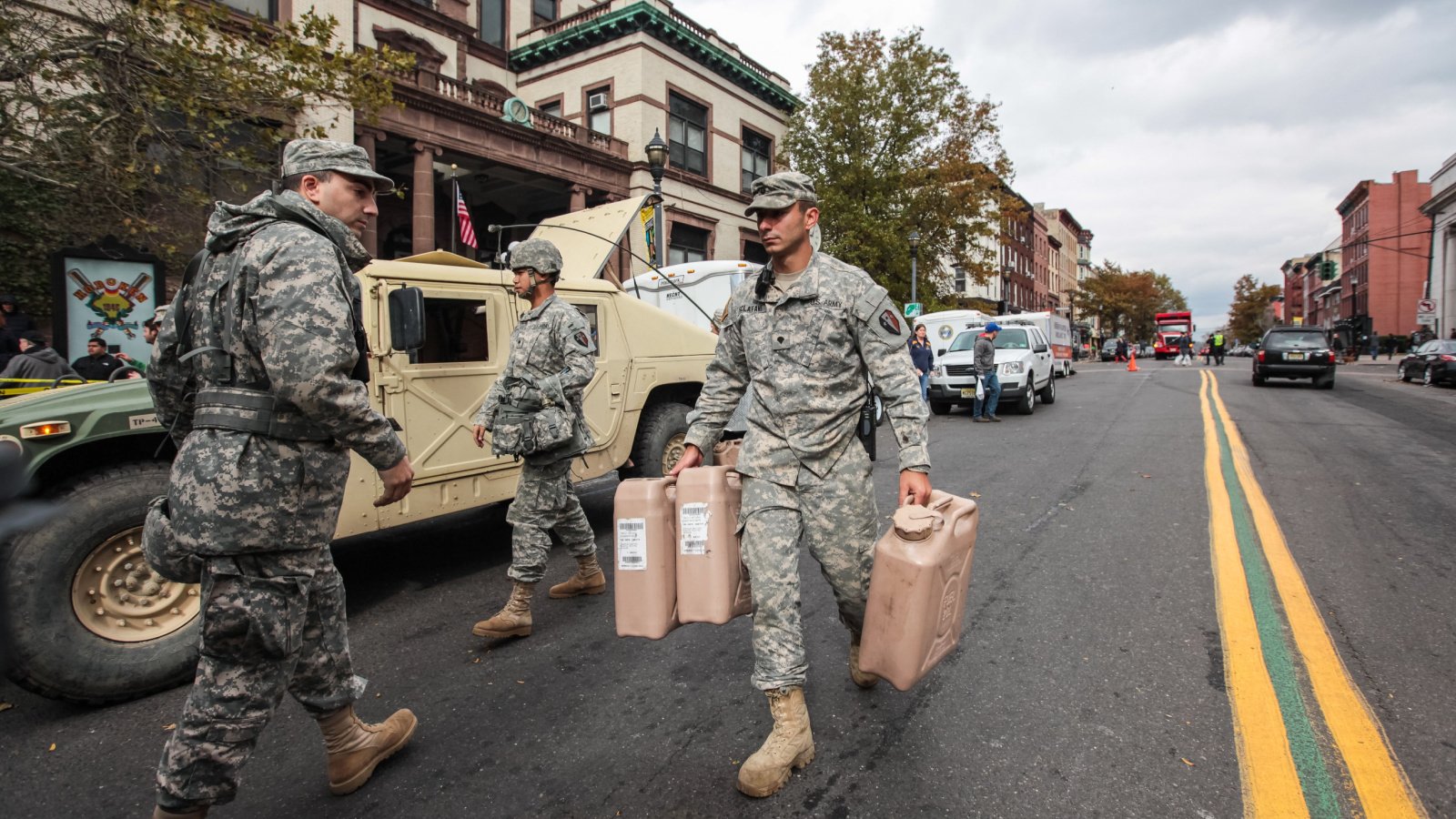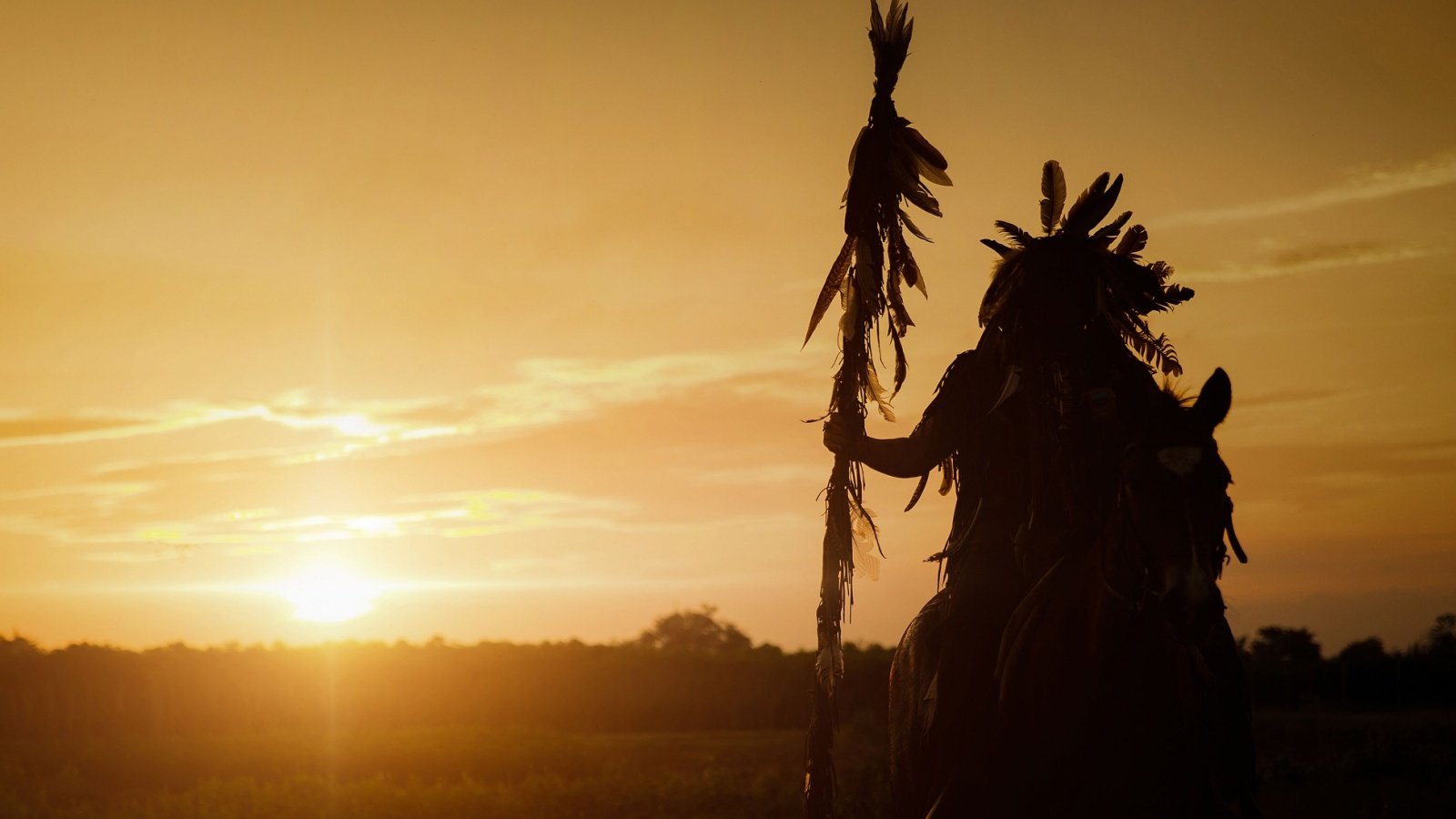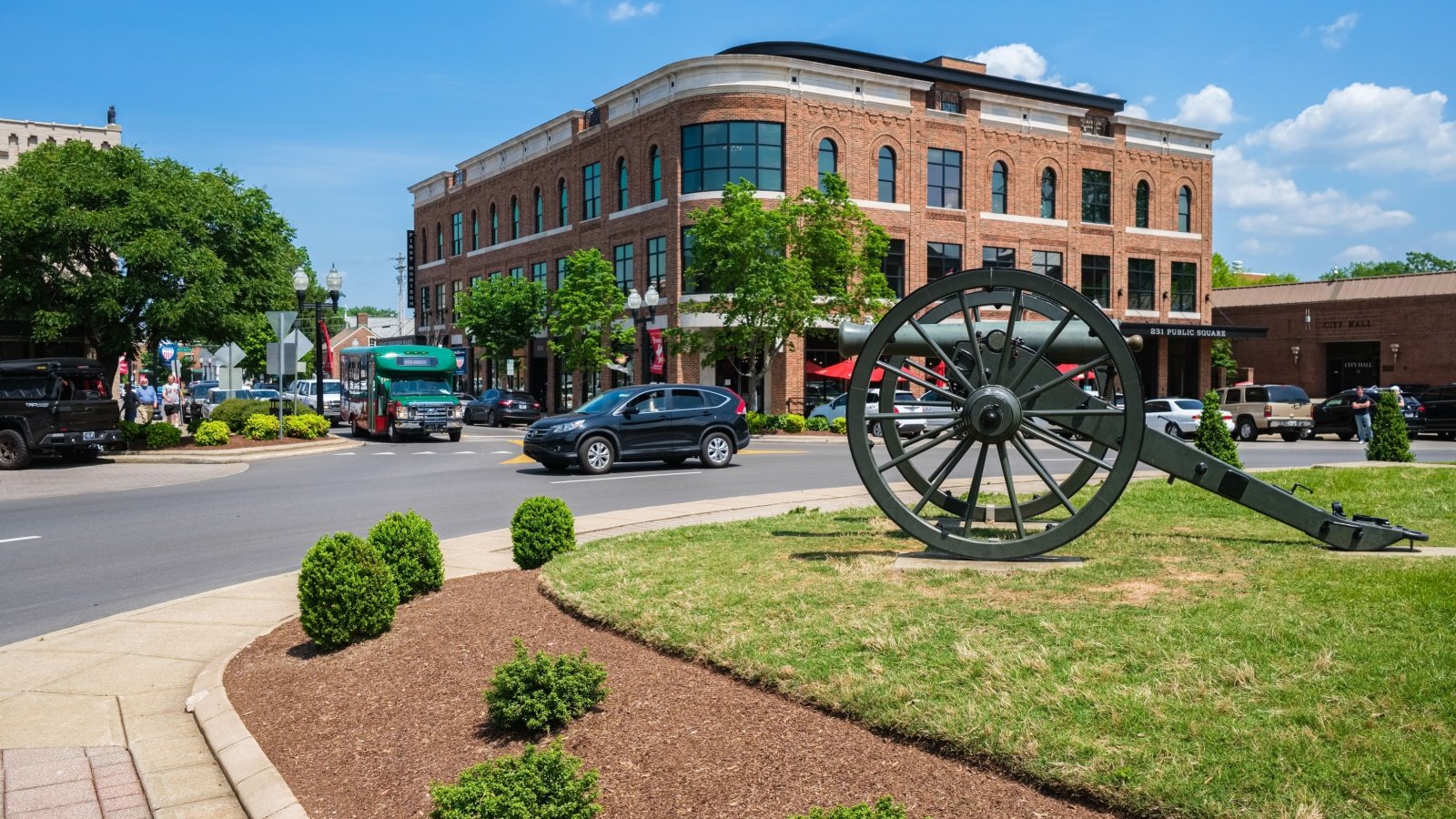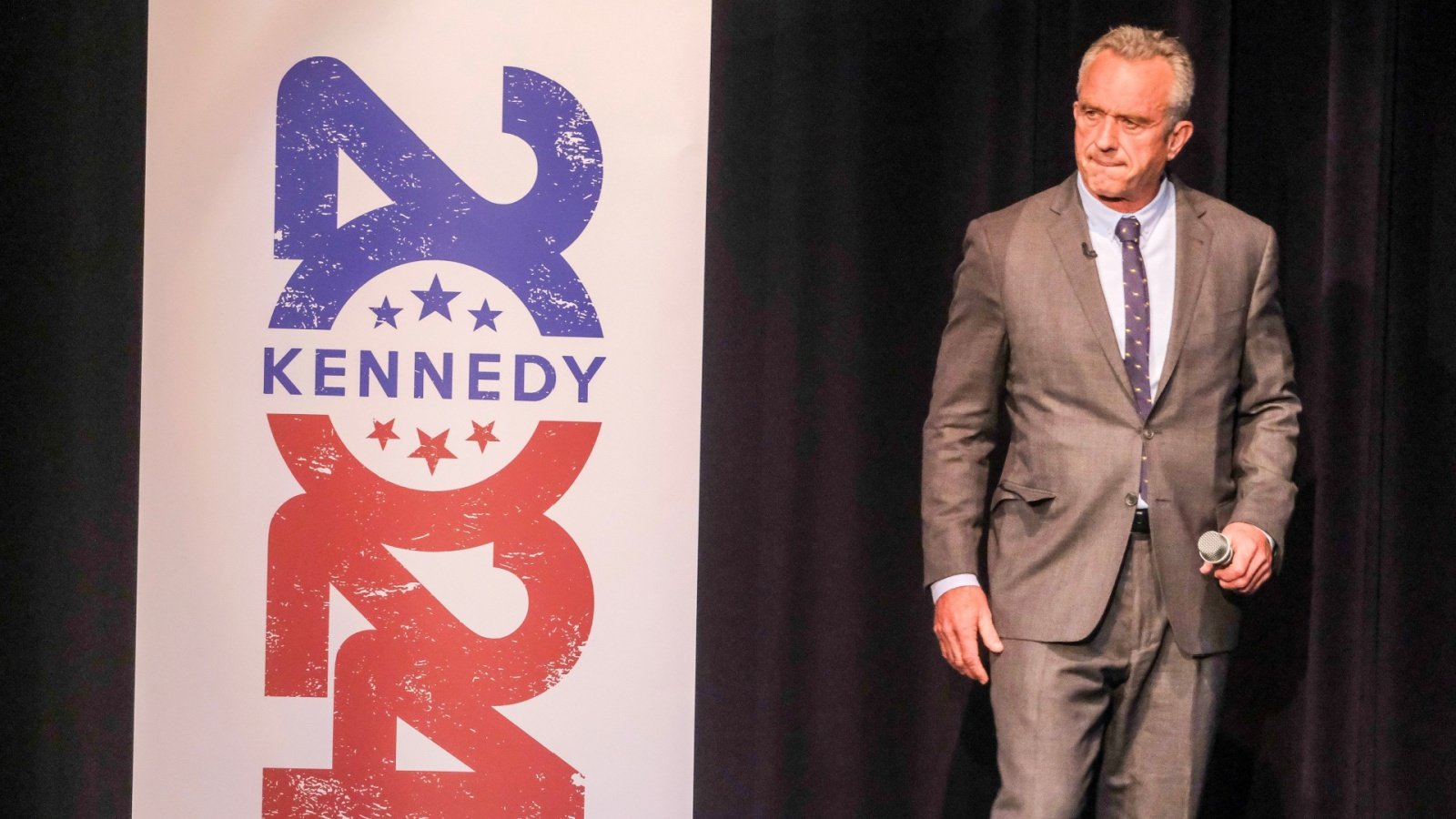Society and its language have evolved so much over the last few decades that phrases once common have now been canceled in favor of more inclusive and respectful terms.
While these expressions have become commonplace, their histories reveal a darker past. In light of today’s understanding of the impact of language on marginalized communities, certain outdated phrases have been retired out of respect for the diversity of races, genders, and cultures.
Here are the phrases with bigoted origins that you should stop using today (if you haven’t already).
Grandfathered In

The phrase “grandfathered in” originates from the “grandfather clauses” used in the late 19th and early 20th centuries in the United States to prevent Black Americans from voting. These laws allowed only those whose grandfathers had voted before the Civil War to bypass literacy tests and poll taxes, disenfranchising Black voters.
Sold Down the River

“Sold down the river” was a term used during slavery in the United States to describe the horrific practice of selling enslaved people to plantations in the Deep South. Being “sold down the river” often meant a fate of brutal labor conditions, tearing families apart.
Peanut Gallery

“Peanut gallery” originally referred to the cheap seats in theaters, particularly those in vaudeville and minstrel shows, where the least affluent and often marginalized people sat. The term is now used to describe unwanted or trivial commentary, but it has a classist and racist history that traces back to segregation.
Call a Spade a Spade

“Call a spade a spade” has roots in the 16th century but took on a racist connotation in the 20th century, when the word “spade” became a derogatory term for Black people. While the phrase was initially neutral, its later associations have made it problematic in modern contexts.
Paddy Wagon

“Paddy wagon” was a derogatory term that emerged in the 19th century, referring to police vans used to round up Irish immigrants, who were stereotypically associated with crime and disorder. The word “Paddy” itself is a pejorative for an Irishman.
Gyp

To “gyp” someone means to cheat or swindle them, but the term comes from “gypsy,” a derogatory word for the Romani people, who were historically stereotyped as thieves and con artists. This phrase perpetuates harmful stereotypes about a marginalized group.
Eenie Meenie Miney Moe

The original version of “Eenie Meenie Miney Moe” included a racial slur in place of “tiger” and was a common playground rhyme in the early 20th century. Though most people today use the sanitized version, the rhyme’s origins are deeply racist.
Long Time No See

“Long time no see” is a phrase that likely originated as a mocking imitation of Native American or Chinese pidgin English. While it’s now used innocuously, its origins reflect a history of ridiculing non-native English speakers.
Eskimo

The term “Eskimo” is an outdated and often offensive word used to describe the Inuit and Yupik people. It was widely used by colonizers and carries connotations of otherness and primitiveness. The preferred terms are “Inuit” or “Yupik.”
Crusade

The word “crusade” refers to the medieval military campaigns sanctioned by the Latin Church to reclaim the Holy Land, which led to centuries of religious violence and persecution, particularly against Muslims and Jews.
Hooligan

“Hooligan” originally referred to Irish gangs in 19th-century London, and the term became a derogatory label for Irish immigrants, who were stereotyped as violent troublemakers. The word has since evolved to describe rowdy or criminal behavior, but its origins are rooted in anti-Irish sentiment. Being aware of this history can influence how and when we use the term.
Hip Hip Hooray

“Hip hip hooray” is a celebratory cheer, but it has a darker history tied to anti-Semitic riots in 19th-century Europe. “Hip hip” was reportedly a rallying cry used by mobs attacking Jewish communities.
Basket Case

“Basket case” was a term used during World War I to describe soldiers who had lost all four limbs and were literally carried in baskets. The term was initially a clinical description but became a pejorative way to describe someone who is mentally unstable.
No Can Do

“No can do” is another phrase that originated from a racist imitation of Chinese pidgin English in the 19th century. It was used by Westerners to mock the language skills of Chinese immigrants. Although it’s commonly used today, its origins make it problematic.
Rule of Thumb

The phrase “rule of thumb” is often linked, though incorrectly, to an old English law that supposedly allowed a man to beat his wife with a stick no thicker than his thumb. While this origin is likely a myth, the association with domestic violence makes the phrase uncomfortable for many.
Powwow

A “powwow” is a term used to describe a Native American gathering or meeting, often with spiritual significance. In modern usage, it has been co-opted to describe any informal meeting, stripping it of its cultural meaning. Using this word casually can be disrespectful to the Indigenous cultures from which it originates.
Dixie

“Dixie” is a term historically used to refer to the Southern United States, particularly those states that seceded during the Civil War. The word is closely associated with Confederate nostalgia and the antebellum South, which makes it problematic in contemporary contexts. Using “the South” or specific state names is a more neutral alternative.
Jew Down

“Jew down” is an offensive phrase that perpetuates the harmful stereotype of Jews as being overly frugal or shrewd in business. This expression is rooted in centuries of anti-Semitic beliefs and discrimination.
Moron

“Moron” was once a clinical term used in the early 20th century to classify individuals with intellectual disabilities. Over time, it became a common insult, further stigmatizing those with mental health conditions.
Uppity

“Uppity” was a term used in the Jim Crow South to describe Black people who were perceived as not knowing their “place” in society. It was a derogatory term aimed at those who dared to assert themselves or challenge racial hierarchies. The word’s deeply racist history makes it inappropriate for use in any context today.









Was motiviert sie dazu und welche Rolle spielt das Glück dabei?
Du liebst es, dich stylisch zu kleiden und in Casinos
zu gehen? Wenn man ein bestimmtes Outfit für den Casinobesuch im
Schrank hat, erspart man sich die Entscheidung, was man anziehen soll.
Ein Casino-Besuch ist etwas Besonderes und es lohnt sich,
sich entsprechend zu kleiden. Doch wie kann man stilvoll und
zugleich passend für das Casino gekleidet sein? Sie lassen sich mit einem schmalen Band tragen,
oder auch einfach in einer Hand halten und bieten genügend Platz
für Make-Up, etwas Geld und das Smartphone.
Vom verführerischen grünen Minikleid für die Damen bis hin zum stilsicheren Hut mit Casino-Motiven für Herren finden Sie im Kostümpalast für jeden Geschmack das Richtige.
Als echter Glücksspieler dürfen Sie auf keiner Casino
Party fehlen – natürlich entsprechend dem Motto mit Würfeln, Karten und Pokerchips ausgestattet.
Zu deinem dunkelrotem oder smaragdgrünem Samtkleid kannst du getrost flache
Schuhe oder Kitten Heels wählen. »Rien ne va plus« – wenn du
diese Ansage des Croupiers beim Roulette in einem langen Abendkleid hörst, hast du stilistisch schon einmal richtig gesetzt.
Ideal sind beispielsweise sehr edel gearbeitete Pailletten-Oberteile
zu langen Röcken oder Jumpsuits mit Pailletten-Top und fließender schwarzer Hose.
Mit diesen Fragen sehen sich viele Glücksspiel-Fans konfrontiert, die zum ersten Mal ein echtes Casino besuchen. In diesem Fall müssen die Gäste angemessene Kleidung tragen,
wie Anzüge oder Abendkleider. Hier kann man spielen,
wie man möchte – im Pyjama oder in Abendgarderobe.
Bei Damen wird ein Cocktailkleid oder ein eleganter Hosenanzug empfohlen.
Glücksspiel kann süchtig machen und es ist wichtig, dass Spieler
verantwortungsvoll spielen. Seit einigen Jahren gibt es
eine steigende Anzahl an Online Casinos, die den Spielern eine
Möglichkeit bieten, von zu Hause aus zu spielen.
References:
https://online-spielhallen.de/plinko-casino-cashback-ihr-weg-zu-mehr-spielguthaben/
The no deposit bonus caps your winnings at just €50, which feels
stingy for 50 free spins. Remember, bonuses and promotions are subject to change, so it’s essential to review the latest offers and their
specific terms on the RocketPlay Casino website before participating.
RocketPlay Casino offers a huge variety of bonuses, including Friday Reload, Sunday Bonus, High-roller bonus, Cashback, Live Cashback, Special Bonuses, Comp Points, and Crypto Bonuses.
For example, a player depositing $60 for the first time will get an additional $60,
which is 100%, totaling $120. Casino Rocket offers these spins immediately after signing up with the code.
The bonus includes 10 free spins without the need for
a deposit. Our Casino Rocket bonus code activates an exclusive free spins bonus and a standard welcome
bonus. New players must be 18+ and located in accepted countries.
Casino Rocket registration with our bonus code Casino Rocket 2026
is easy.
Casinotutor.com or our recommended casinos adhere to the
standards set by these leading authorities December brings
the magic of Christmas to crypto casinos, where Christmas casino promotions shine bright with free spins and festive tournaments.
There they promote their casino, games and tournaments or other special events.
Points are earned by playing slots and betting real money.
With each new level, you get more benefits such as bonuses,
cashback and free spins. There could be more weekly promotions for
returning players, but at least there are some!
References:
https://blackcoin.co/players-club-vip-casino/
Important means something has high value, strong
impact, or special priority. Learning other words for important helps you match the meaning to the situation. Sometimes a thing
matters because it affects your future. French-English
dictionary, translator, and learning Spanish-English dictionary, translator, and learning
These fit lessons, exams, rules, and study goals. Matching strength to
the situation keeps your meaning natural.
These show importance because the matter is serious, risky, or time sensitive.
These show importance because something has strong meaning or effect.
References:
https://blackcoin.co/a-big-candy-casino-au-real-money-pokies-fast-payouts-in-au/
online casino mit paypal
References:
exelentsmart.com
paypal online casinos
References:
https://jobzee.co.uk/Company/die-besten-online-casino-mit-paypal-im-test-2025/